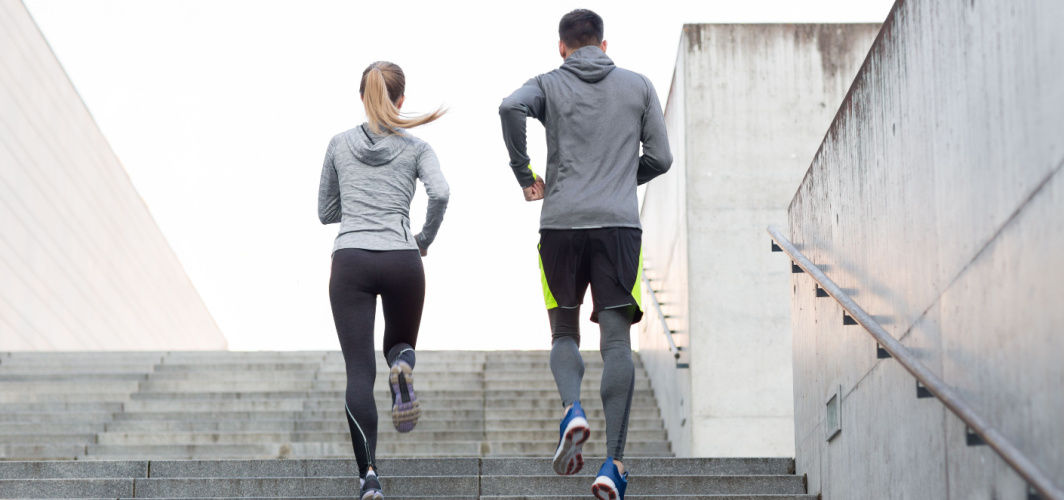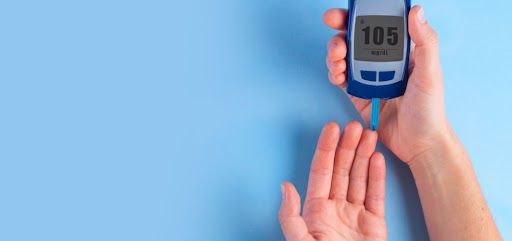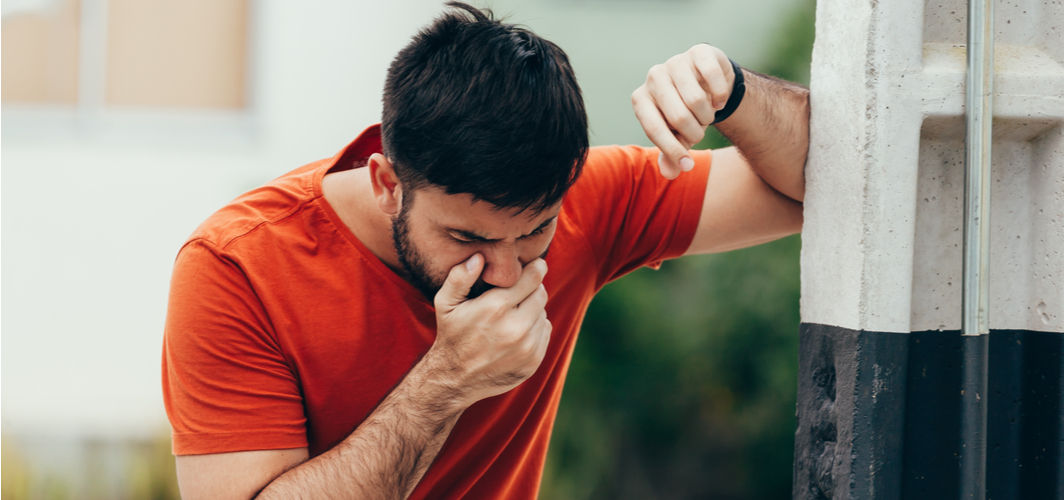Diabetes Management
New research: Will 50% of 20-year old urban Indians develop diabetes?
4 min read
By Apollo 24/7, Published on - 03 December 2020, Updated on - 30 August 2023
Share this article
0
2 likes

Is youth the new target of diabetes in India?
- More than half of 20-year old males living in metropolitan Indian cities will develop diabetes in their lifetime. (55.5% precisely)
- 64.9% of 20-year old women living in metropolitan Indian cities will develop diabetes in their lifetime.
- This risk declined with age and at 60 years, it was found to be 27.5% in men and 37.7% in women without diabetes, will develop the condition.
- Furthermore, the lifetime risk of developing diabetes for obese individuals (BMI greater than 30) increases to 86.9% in men and 86% in women.
- Women generally had a higher lifetime risk across the lifespan.
Reasons behind increasing cases of diabetes among youth
- Scientists believe that the inability of young people to adapt to the rapid industrialization, urbanization and economic development has triggered a wave of chronic diseases.
- Many young people living mostly sedentary lives, with less physical activity and exercise, go on to become overweight or obese
- Excess use of mobile phones and computer screens reduces the levels of melatonin in the body, a hormone which regulates the sleep-wake cycle. Less sleep correlates with weight issues
- Fast-moving urban lifestyles have introduced unhealthy food options that tend to be processed, high-fat and high-calorie diets, which ultimately causes obesity.
- Researchers further believe that other reasons like - low birth weight, under-nourished mother during pregnancy, insulin resistance, naturally low lean mass, gestational diabetes (diabetes during pregnancy), impaired glucose tolerance, and stress - in certain sections of the Indian population could also be responsible.
What can be done to reduce the risk of diabetes amongst youth?
- Eat a healthy diet filled with naturally healthy nutrients and low on calories, sugars and saturated fats to maintain healthy body weight.
- Reduce the consumption of junk food and diet high in fat and calories. Look for healthy alternatives, for instance, instead of consuming carbonated beverages, switch to coconut water or lemon water.
- Limit on-screen time and take up some forms of physical activity. Practice a moderate-intensity exercise, such as brisk walking, cycling or even dancing, daily for at least 30 minutes to keep the body active.
- Do not use mobile phones or laptops at least half an hour before going to bed as it would help the person sleep better.
- Prepare healthy snacks such as peanut butter sandwich, smoothie bowl or a bowl full of fruit salad to relieve mid-night cravings.
- Quit smoking/chewing tobacco as it is one of the risk factors for diabetes, cardiovascular diseases and different cancers.
- Non-obese patients with no family history of diabetes must get screened every few years, to detect diabetes at an early stage.
- People with no family history of diabetes must pay heed to any signs of metabolic disorders as it can help in preventing and detecting diabetes early. The signs of metabolic syndrome include central obesity (collection of fat around the abdominal area), skin tags, fatty liver, polycystic ovary syndrome, high levels of triglycerides and low levels of HDL cholesterol (also called good cholesterol).
Takeaway
Diabetes Management
Consult Top Diabetologists
View AllLeave Comment
Recommended for you

Diabetes Management
The Best Time to Exercise in Diabetes
Exercise plays a crucial role in diabetes management, benefiting both Type 1 and Type 2 diabetes individuals. The timing of exercise matters as well. For Type 2 diabetes, morning workouts should be preceded by a small meal to prevent blood glucose spikes. Conversely, people with Type 1 diabetes are advised to exercise in the morning to avoid later-day hypoglycemia. High-intensity interval training post-lunch suits Type 2 diabetes, while late evening exercise can affect people with Type 1 diabetes, mitigated with insulin adjustments. Consulting healthcare professionals for a personalised exercise plan is crucial for effective diabetes management.

Diabetes Management
All You Need To Know About Diabetes
This comprehensive guide provides a detailed overview of diabetes mellitus, exploring its various types, causes, symptoms, diagnosis methods, complications, and treatment options. The article emphasizes the importance of understanding the causes and risk factors of diabetes, including heredity, insulin resistance, obesity, genetic disorders, hormonal imbalances, and unhealthy lifestyle choices.

Diabetes Management
Acidosis: Types, Causes, Symptoms and Treatments
Excess acid can get accumulated in the blood, resulting in acidosis and if not treated, can result in shock, organ damage, and fatal outcomes.
Subscribe
Sign up for our free Health Library Daily Newsletter
Get doctor-approved health tips, news, and more.
Visual Stories

8 Fruits That are Incredibly Healthy for Diabetes
Tap to continue exploring
Recommended for you

Diabetes Management
The Best Time to Exercise in Diabetes
Exercise plays a crucial role in diabetes management, benefiting both Type 1 and Type 2 diabetes individuals. The timing of exercise matters as well. For Type 2 diabetes, morning workouts should be preceded by a small meal to prevent blood glucose spikes. Conversely, people with Type 1 diabetes are advised to exercise in the morning to avoid later-day hypoglycemia. High-intensity interval training post-lunch suits Type 2 diabetes, while late evening exercise can affect people with Type 1 diabetes, mitigated with insulin adjustments. Consulting healthcare professionals for a personalised exercise plan is crucial for effective diabetes management.

Diabetes Management
All You Need To Know About Diabetes
This comprehensive guide provides a detailed overview of diabetes mellitus, exploring its various types, causes, symptoms, diagnosis methods, complications, and treatment options. The article emphasizes the importance of understanding the causes and risk factors of diabetes, including heredity, insulin resistance, obesity, genetic disorders, hormonal imbalances, and unhealthy lifestyle choices.

Diabetes Management
Acidosis: Types, Causes, Symptoms and Treatments
Excess acid can get accumulated in the blood, resulting in acidosis and if not treated, can result in shock, organ damage, and fatal outcomes.
